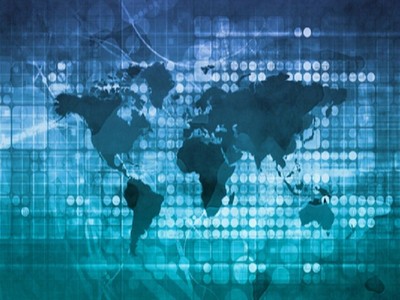The road to riches is strewn with the carcasses of the ‘next big thing’. These are new technologies, products, revolutions or ideas that fire up the imagination and offer wonderful financial returns if delivered upon.
Results vary. The agricultural and industrial revolutions changed everything. In the 1990s the internet arrived. Smaller innovations include cryptocurrencies, sliced bread and asbestos. Some inventions are useful and some not!
The single most important ingredient to economic prosperity is improving productivity; getting more done with the same amount of human and physical capital. This is the essence of economic growth. It is with some trepidation that I believe artificial intelligence (AI) is the next big thing and will answer the call to reinvigorate the growth trajectory of the global economy.
The last 3 decades have been building to this point where the contents of the internet can be read and analysed in a fraction of a second. Computers are now powerful enough to do some tasks better or quicker than humans and other tasks way beyond human capability.
.In this new age advertisements will have perfect synthetic images of humans. Cars will drive themselves (as is happening now in dozens of Chinese cities). Medical science will be transformed as huge data sets are interrogated and insights gained. Electricity grids will become more efficient as weather patterns become more predictable and maintenance costs are reduced as faults are anticipated earlier.
Some companies are already benefiting from AI, and I expect its impact to fan out across nearly all areas of human endeavour. On this latter point it is particularly noteworthy that digital adoption of new ideas is much cheaper and faster than adoption of a new type of widget or machine. To illustrate this point I would contrast building a railroad versus Meta’s current rollout of a rival to Twitter: it took Meta about a week to gain 100m users. Too add some context and a slight caveat to this figure; Meta leveraged existing users from its Instagram and Facebook platforms, which both have over 2 billion users each.
The speed at which you can change and improve a product or service (the iterative process) is much faster in the digital domain. Some AI models have the capacity to learn and self-improve.
The implications of AI’s arrival could be profound from a company, economic and geopolitical perspective. Companies will bifurcate between those being disrupted and the earlier adopters doing the disruption. Economies may be able to grow faster. Geopolitically, tensions may increase because America have the fastest chips and China need these to compete in the military and commercial sphere.
All views are those of the author and not necessarily those of JM Finn. The value of investments and the income from them can go down as well as up and investors may not get back the amount originally invested. The information in this article is for information purposes only and is not an invitation or recommendation to buy or sell any investments.




